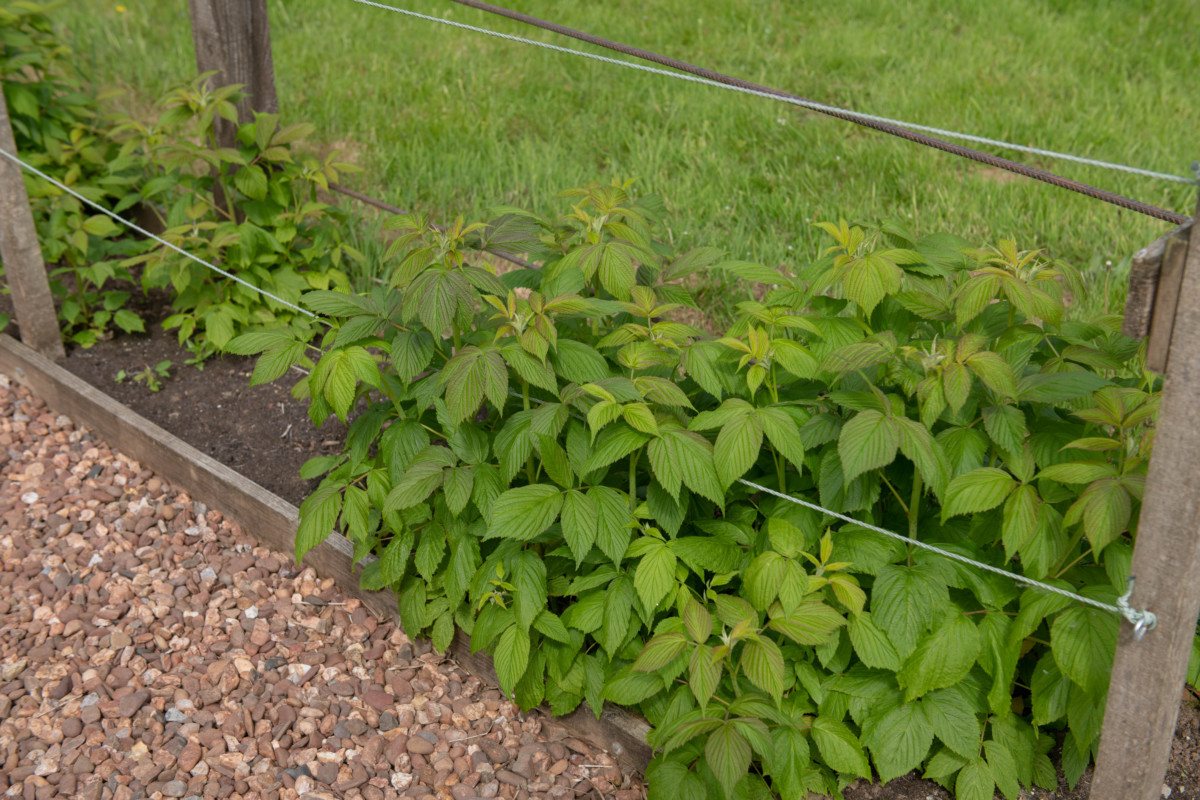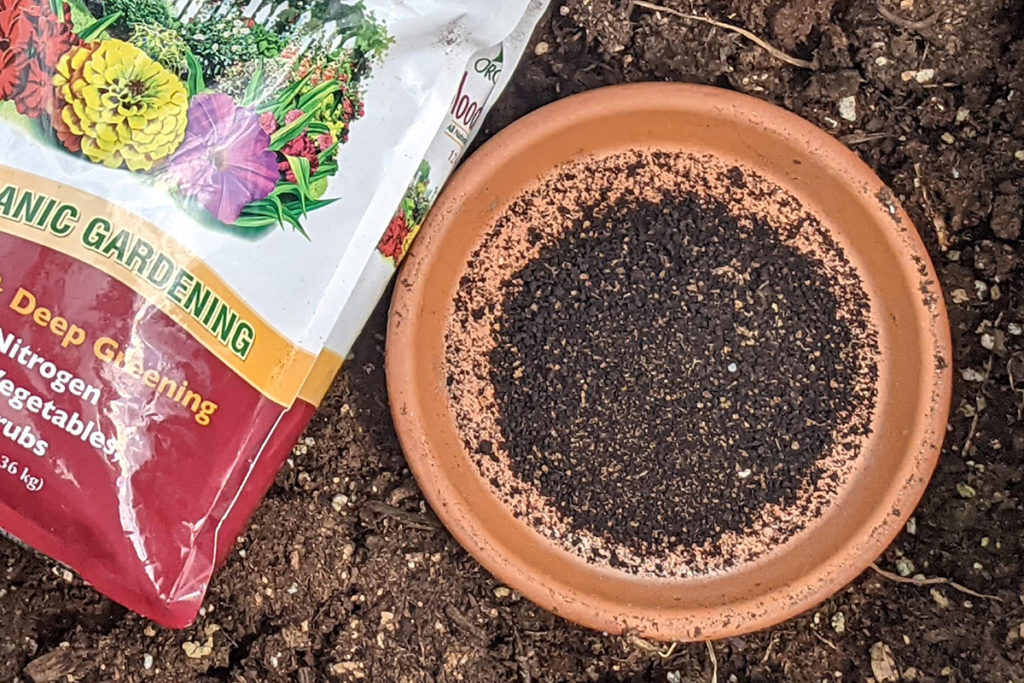As a gardener, it can be frustrating when your raspberry plant blooms a lot but doesn’t make any ripe, juicy berries. You did everything right by giving it the right soil, sunlight, and care. So why won’t your raspberry plants bear fruit? Let’s look at some of the most common reasons for this and what you can do to get a bumper crop of raspberries.
Flowering But No Fruit – Possible Causes
There are several factors that could result in lush raspberry plant flowers but no fruit:
1. Improper Pollination
Like most fruits, raspberries require pollination to produce berries. Bees and other pollinating insects are usually responsible for carrying pollen from flower to flower as they forage. But if pollinator numbers are low in your yard, the flowers may not get adequately pollinated. High winds, rain or cold temperatures during flowering can also impede pollination by limiting insect activity.
2. Frost Damage
Raspberry blossoms are vulnerable to late spring frosts Freezing temperatures can damage tender flower parts, preventing pollination and fruit set. Overnight dips into the 20s or high teens Fahrenheit at bloom time often wipe out the crop Covering plants overnight if frost threatens can help.
3. Disease or Pests
Viral diseases like raspberry bushy dwarf virus and fungal issues like gray mold and anthracnose can infect raspberry plant flowers, causing them to wither and drop off without forming berries. Pests like raspberry cane borers, spur blight and two-spotted spider mites can also attack blooms and destroy potential fruit
4. First Year Canes
Raspberries only produce fruit on canes that are in their second year because they grow back every two years. If you prune the tree wrong and cut off fruiting canes, you might only see flowers and not berries. If you grow everbearing types, the canes won’t bear fruit in the fall of their first year either; they’ll wait until the summer of their second year.
5. Overabundance of Flowers/Canes
Too many flowers on weak, overcrowded raspberry canes often leads to poor pollination, fertility issues and no fruit. Canes that are excessively long and lush with tons of blossoms but little energy reserves frequently fail to convert flowers to berries.
6. Extreme Weather
Unusually heavy rains, hail storms or extreme heat at blossom time and through fruit set can cause flowers and tiny berries to abort, resulting in no harvest. Insufficient soil moisture during this critical period can also cause fruit drop.
7. Poor Nutrition
Raspberry plants need even, consistent moisture and a lot of nutrients to grow lots of flowers and meet the energy needs of developing fruit. Lack of nitrogen, phosphorus, potassium, or magnesium, along with too little water, can cause plants to bloom a lot but not bear fruit.
What to Do About No Fruit on Flowering Raspberries
If your raspberries aren’t producing fruit, review the possible reasons above and troubleshoot the problem:
-
Ensure plants are getting 1-2 inches of water weekly, and fertilize monthly with a balanced 10-10-10 formula during the growing season to prevent nutritional deficiencies.
-
Inspect plants and remove any diseased canes or insect pests to prevent spread.
-
Thin overly dense canes and prune out old, 2-year-old floricanes after fruiting.
-
Protect plants from frost and extreme weather damage.
-
If pollination is suspected, try hand pollinating using a small brush during bloom time. And consider adding bee-attracting companions like lavender, catmint and cosmos nearby.
-
For first year canes, simply wait patiently for fruit next season. Resist overpruning.
-
Select resistant raspberry varieties less prone to diseases like anthracnose.
With good growing conditions and proper care, your raspberry plant flowers should transform into plump, sweet berries in no time. Pay close attention as the plants develop and you should be rewarded with a bountiful summer raspberry harvest. Let those flowers flourish into fruit with a little TLC!

The Soil is Too Heavy
If your raspberry plants look stressed and are failing to thrive, the next thing to look at is the soil.
Raspberries are very sensitive to wet or heavy soils with poor drainage. If the soil is waterlogged for more than a few days in a row, the roots will suffocate, and the affected plants will be stunted with weak shoots. The leaves may turn yellow prematurely and have scorched coloring along the margins and between veins.
Raspberry brambles situated in poorly drained soil also make them much more susceptible to root rot. In advanced cases, root rot will cause the canes to wither and die before harvest time. Not as many primocanes will grow from the crown in the spring, and the ones that do can wilt and die in their first season.
To find out if a cane is suffering from root rot, dig it up and scrape off the top layer of tissue from the roots. The cane should be wilting but not yet dead. The inner tissue should be white; if it’s reddish-brown, there’s root rot.


Your raspberry bushes will always be at their best in fertile, well-drained, loamy soil with moderate water retaining capacity. Compost – the miracle maker it is – accomplishes all these things and should be worked into the soil of the raspberry patch every spring.
After a good rainfall or deep watering, check to see how your raspberry plot is draining. If the water accumulates on top and isn’t absorbed within 10 minutes or so, you’ll need to increase drainage.
Gardeners in rainy climates may wish to take it a step further and grow raspberries above the water table. Raspberry plants can grow in raised beds and deep containers as long as they are 2 to 3 feet above the ground. Their roots are very spread out.
There’s a Fertility Problem
Raspberries need a steady supply of nutrients to send out so many canes and flowers and fruit.
As heavy feeders, the plants need to be fertilized each year. The primary nutrient for raspberries is nitrogen.
You’ll know your raspberries are content with their nitrogen levels when plants have dark green leaves. The first signs of nitrogen deficiency are pale green and yellowing foliage.
Compost is the best option for adding fertility to native soils. Apply it every spring 1 to 2 inches deep over the top of the soil in your raspberry beds.


To boost nitrogen specifically, scatter nitrogen-rich things like alfalfa or blood meal around the base of canes and crowns.
You can also make liquid fertilizers from weeds and other plants collected from your yard. Or, the most wonderfully passive solution – grow nitrogen fixers nearby to ensure a consistent supply of nitrogen at all times to your hungry raspberry bushes.
3 Raspberry Mistakes To Avoid – Garden Quickie Episode 111
FAQ
How do I get my raspberry bush to fruit?
Choose a planting site that is in full sun. The plants will grow in part shade, but will not produce as much fruit. Raspberries prefer rich, well-drained soil. A few inches of compost mixed into the soil prior to planting will create a high-quality planting site.
How long after flowering do raspberries appear?
Raspberries typically appear 35 to 60 days after the flowers are pollinated, depending on the variety and weather conditions.
Do raspberry plants produce fruit every year?
Raspberries may also be classified as summer-bearing or everbearing. Summer-bearing cultivars produce one crop in early summer, while everbearing cultivars can produce crops at two different times a year, with a crop being produced either in early summer or a later crop in mid-fall. Jan 12, 2017.
Do you need to raspberry bushes to pollinate?
Plants often sell out quickly, so order well in advance of spring planting. Because raspberry cultivars do not need cross-pollination to produce fruit, you only need to choose one cultivar.
